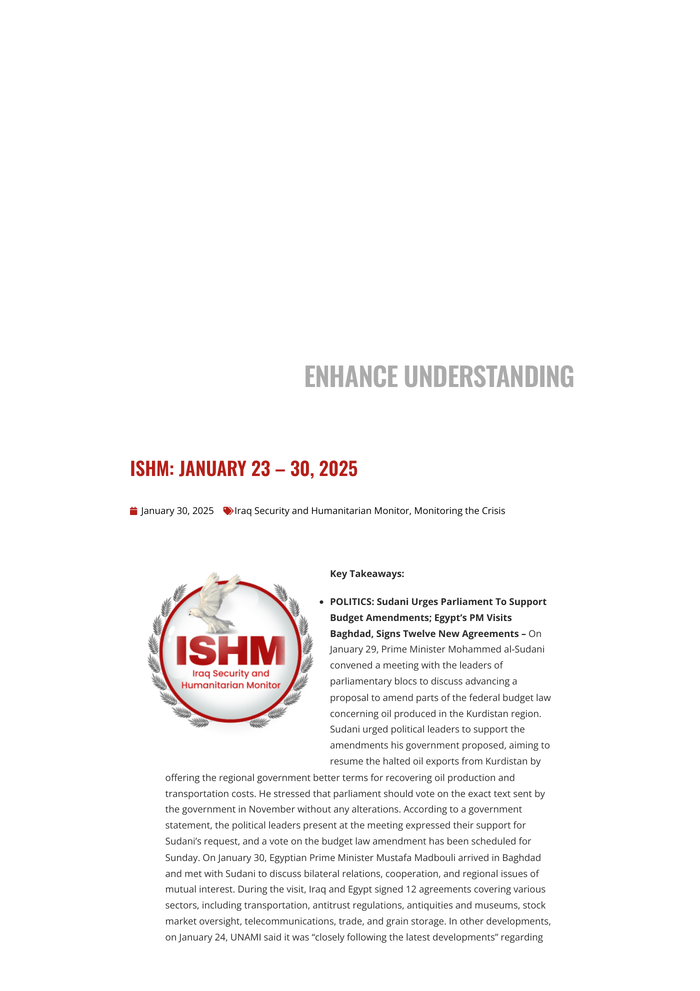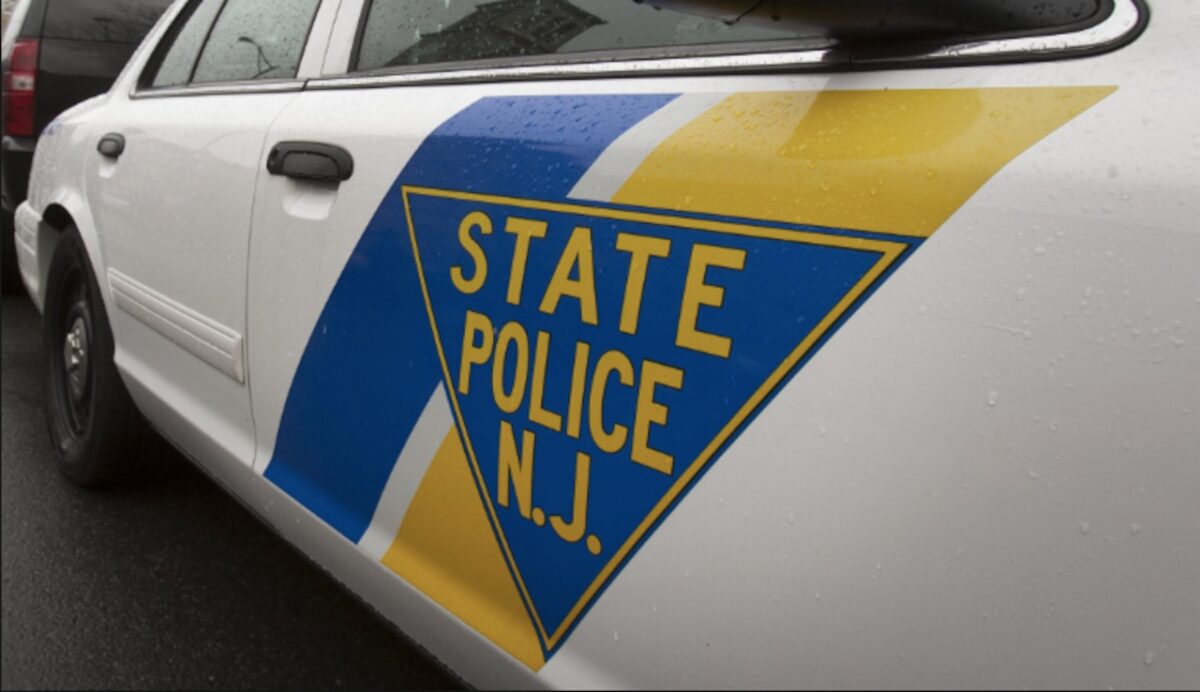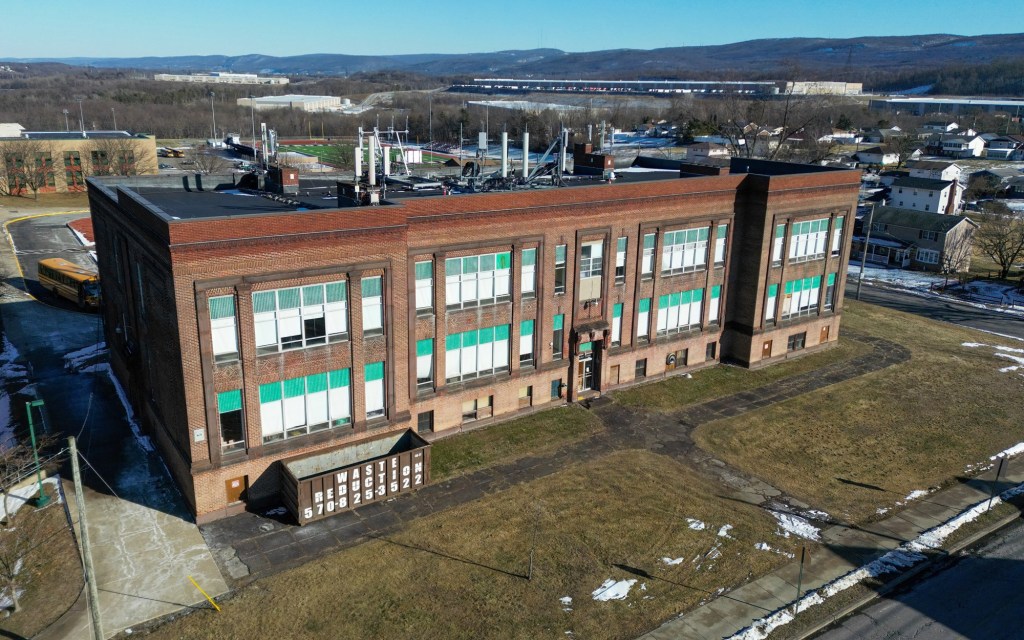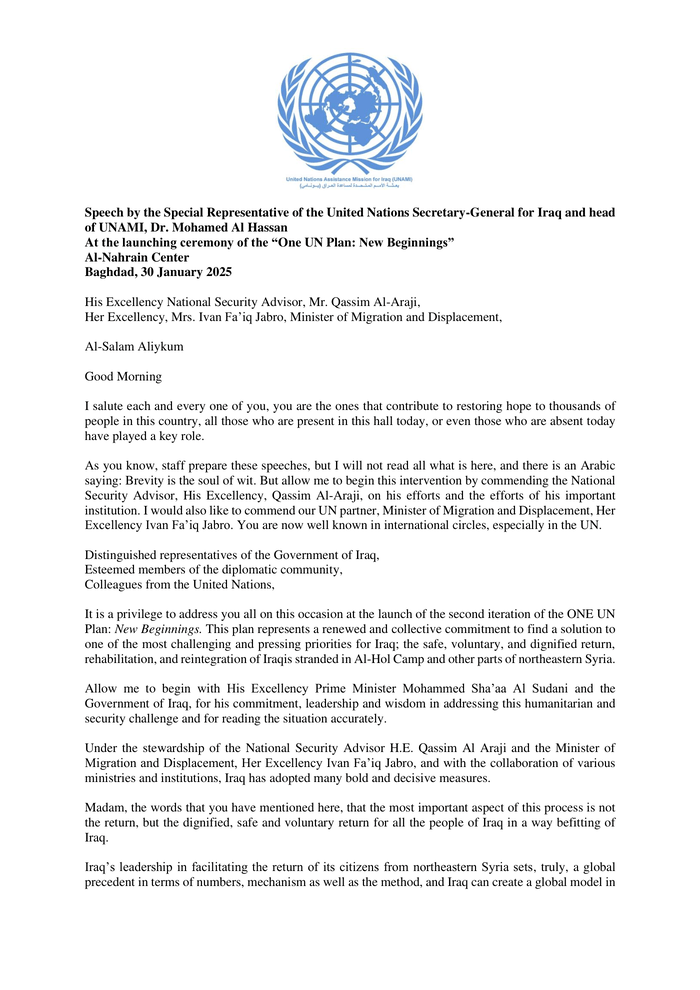MSN r.delete(e),has:e=>r.has(e)});function c(){return!(“undefined”==typeof window||!window.document||!window.document.createElement||window.isRenderServiceEnv)}function l(e){let t,n=!1;const o=function(){return n||(n=!0,t=e()),t};return o.cache={clear:()=>{n=!1,t=void 0}},o}const d={bingHomepageMobile:”binghomepagemobile”,outlookMobile:”OnOOutlookMobile”,msnCopilot:”cp_msn_news”,officeMobile:”OnOOfficeMobile”,sapphire:”OnOStartApp”,skype:”OnOSkype”,freFullPage:”emmxFre”,winWeatherApp:”weather-app-win”,xiaomiApp:”xmweather-“,launcher:”launcherntp”,launcherInterests:”launcherInterests”,swiftKey:”swiftKey”,winMoneyApp:”finance-app-win”},u=”superappdhp”,h=[“ios”,”android”,”ipados”],p=”_ocidIsomorphicKey”,g=()=>(a.get(p)||a.set(p,T(“ocid”).toLowerCase()),a.get(p)),w=”_platformFlagKey”,f=”_hostAppNameKey”,m=”_clientTypeKey”,v=()=>(a.get(w)||a.set(w,T(“chpltfm”)),a.get(w)),b=()=>{if(!a.get(f)){const e=v();a.set(f,e.toLowerCase().split(“-“)[0])}return a.get(f)},y=()=>{if(!a.get(m)){const e=v();a.set(m,e.toLowerCase().split(“-“)[1])}return a.get(m)};function k(){if(!c()||E())return!1;const e=window.sapphireWebViewBridge,t=window.webkit,n=e&&e.send,o=t&&t.messageHandlers&&t.messageHandlers.send&&t.messageHandlers.send.postMessage;return!(!n&&!o)}function C(){const e=v()&&”outlook”===b()&&h.includes(y()),t=g()===d.outlookMobile.toLowerCase();return e||t}function S(){const e=v()&&[“office”,”union”].includes(b())&&h.includes(y()),t=g()===d.officeMobile.toLowerCase();return e||t}function I(){const e=g()===d.skype.toLowerCase()||”skype”===b();return c()&&(null===(t=window.skypeWebviewBridge)||void 0===t?void 0:t.isSkype)||e;var t}function A(){return!(!c()||E())&&(k()||g()===d.sapphire.toLowerCase()||g()===u.toLowerCase())}function q(){const e=T(“edge”);return(“emmx”===b()||”1″===e)&&A()||”mmx”===g()}function x(){return”3rdp”===b()||g().startsWith(d.xiaomiApp)||E()}function O(){return[d.launcher.toLowerCase(),d.launcherInterests.toLowerCase()].includes(g())&&A()}function E(){return g().toLowerCase()===d.swiftKey.toLowerCase()||”swiftkey”==b().toLowerCase()}function L(){return-1!==window.location.href.indexOf(“huawei”)||-1!==window.location.href.indexOf(“airfind”)||-1!==window.location.href.indexOf(“aloha”)||”vivo”===g()&&x()}const _=l((()=>k()||I()||S()||C()||A()||g()===d.winWeatherApp.toLowerCase()||g()===d.winMoneyApp.toLowerCase()||q()||x()||O()||E()||L()||-1!==window.location.href.indexOf(“metaos=true”)));function T(e){try{return new URL(location.href).searchParams.get(e)||””}catch(e){return””}}function N(e){try{return decodeURIComponent(e)}catch(e){}}let W,P;function R(e,t){if(!e)return null;if(t)return function(e){var t;const n=null===(t=document.cookie)||void 0===t?void 0:t.match(`\b${e}=([^;]*)`);return n?N(n[1]):null}(e);if(!W){const e=”undefined”!=typeof document&&document.cookie.split(“; “);W={};const t=e&&e.length;for(let n=0;n0&&void 0!==arguments[0]?arguments[0]:20;this.maxLength=e,this.list=[]}push(e){this.list.push(e),this.list.length>this.maxLength&&this.list.shift()}get data(){return this.list}};function U(e,t,n){let i=arguments.length>3&&void 0!==arguments[3]?arguments[3]:F.Alert,r=arguments.length>4?arguments[4]:void 0,a=arguments.length>5?arguments[5]:void 0,l=arguments.length>6?arguments[6]:void 0;try{const d=function(){if(!o){const e=document.head.getAttribute(“data-client-settings”);e&&(o=JSON.parse(e))}return o}(),u=s(),h=function(e){if(e){const{pcsInfo:t,pageGenTime:n}=e,o=new Date(n).getTime(),i=!t||[“prod”,”prod-ssr”,”prod-ssrntp”].includes(t.env);P=i?”browser.events.data.msn.com”:”events-sandbox.data.msn.com”;return{cors:”true”,”content-type”:”application/x-json-stream”,”client-id”:”NO_AUTH”,”client-version”:”1DS-Web-JS-2.2.2″,apikey:i?”0ded60c75e44443aa3484c42c1c43fe8-9fc57d3f-fdac-4bcf-b927-75eafe60192e-7279″:”f8857dedc6f54ca8962cfb713e01e7d7-e9250191-fe0b-446f-95ae-07516262f98c-7028″,”upload-time”:o,w:”0″,anoncknm:”app_anon”}}return null}(d);let p=””;h&&h.apikey&&””!==h.apikey&&(p=function(e){if(e){const t=e.indexOf(“-“);if(t>0)return e.substring(0,t)}return””}(h.apikey));const g=function(e,t,n,o,i,s){let r=arguments.length>6&&void 0!==arguments[6]?arguments[6]:F.Alert,a=arguments.length>7&&void 0!==arguments[7]?arguments[7]:””;if(n){i=i||{};const{apptype:h,audienceMode:p,pagetype:g,pageGenTime:w,bundleInfo:f,deviceFormFactor:m=””,fd_muid:v,os:b}=n;i.pageGenTime=w,i.build=f&&f.v,i.appType=h;const y=function(e,t,n){const o=n&&”phone”===n.toLowerCase(),i=t&&”enterprise”===t;let s=”Edge”;E()?s=”swiftKey”:O()?s=”Launcher”:function(){var e;if(!c())return!1;const t=document.head.dataset.clientSettings||(null===(e=document.getElementsByClassName(“peregrine-widget-settings”)[0])||void 0===e?void 0:e.getAttribute(“data-client-settings”));if(t){const e=JSON.parse(t);return e&&e.pagetype&&”bingHomepageMobile”===e.pagetype}return!1}()&&(s=”bingHomepageMobile”);return{bingHomepage:”binghomepage”,mmx:”emmx”,edge:”spartan”,edgeChromium:i?”entnews”:”anaheim”,hybrid:”spartan”,hub:o?”prime_mobile”:”prime”,microsoftNews:”msnews”,office:”entnews”,views:o?”prime_mobile”:”prime”,homePage:o?”prime_mobile”:”prime”,windowsShell:”windowsshell”,edgeMobile:s}[e]}(h,p,m),k=y||h,C=document.getElementsByTagName(“html”)[0].getAttribute(“lang”);let S,I=””,A=”muid”;try{if(“edgeChromium”===h&&”object”==typeof window&&window.location&&window.location.search){const e=new URLSearchParams(window.location.search);S=e.has(“startpage”)?”msedgdhp”:”msedgntp”,”enterprise”===p?S=”entnewsntp”:”xbox”===b&&(S=”xboxntp”)}window&&window.getCookieConsentRequired&&”function”==typeof window.getCookieConsentRequired&&window.getCookieConsentRequired()||(I=(null===(d=window)||void 0===d||null===(d=d.__SSRUserConfigEarlyLog)||void 0===d?void 0:d.consistentMuid)||(null===(u=window)||void 0===u?void 0:u.__muid)||R(“muid”))}catch{}I||(I=n.aid,A=”aid”);const q={name:”MS.News.Web.AppError”,time:w,ver:”4.0″,iKey:`o:${o}`,data:{baseData:{},baseType:”MS.News.Web.Base”,page:{name:”default”,product:k,type:j(g),content:$[h]??{category:”standaloneError”},ocid:S},browser:{clientId:I,clientIdType:A},flight:{id:s,tmpl:a},request:{activityId:n.aid,requestId:n.aid,afdMuid:v},locale:{mkt:C},extSchema:{id:e,severity:r,pb:i,message:t}}};var l;if(I&&”muid”===A)q.ext={…null==q?void 0:q.ext,user:{…null==q||null===(l=q.ext)||void 0===l?void 0:l.user,localId:`t:${I}`}};return”object”==typeof window&&(window.isSSREnabled&&(q.data.flight.tmpl+=”;ssr-enabled:1″),window.isSSRCompleted&&(q.data.flight.tmpl+=”;ssr-completed:1″)),q?JSON.stringify(q):null}var d,u;return null}(t,e,d,p,n,u,i,l);if(a&&!function(e){if(null==e)return!1;return e.startsWith(“1”)||e.startsWith(“2”)||e.startsWith(“3”)||e.startsWith(“4″)}(null==d?void 0:d.aid))return console.error(g),void console.error(`This App error Id: ${t} will not be sent due to app error sampling!`);if(h&&g){console.error(g),D.push(g);const e=”https://”+P+”/OneCollector/1.0″+function(e){return”?”+Object.keys(e).map((function(t){return t+”=”+encodeURIComponent(e[t])})).join(“&”)}(h);if(r&&!performance.getEntriesByType(“visibility-state”).some((e=>”visible”===e.name))){const t=()=>{“visible”===document.visibilityState&&navigator.sendBeacon(e,g)};document.addEventListener(“visibilitychange”,t,{once:!0})}else navigator.sendBeacon(e,g)}}catch{}}const $={homePage:{vertical:”homepage”,category:””,id:””,domainId:”13041″,title:”undefined”!=typeof document?document.title:””}};function j(e){let t=e;switch(e){case”windowsshellhp”:t=”dhp”;break;case”video”:t=”watch”;break;case”EdgeMobile”:t=q()?”ntp”:”dhp”}return t}function H(e){U(“Error when loading bundle: “+e,20202,{…arguments.length>1&&void 0!==arguments[1]?arguments[1]:{}})}function B(e,t,n,o,i){U(“JS Exception”,20203,{source:t,customMessage:e,line:n,column:o,stack:i&&i.stack})}function J(e){U(“JS Exception”,20203,{customMessage:e&&e.reason&&e.reason.message,stack:e&&e.reason&&e.reason.stack})}const G=”experience”,V=Object.create(null),K=2;function X(e,t){if(!(t=t||Array.from(document.scripts).find((t=>t.src.indexOf(`/${e}.`)>-1))))return;const n=function(e,t){const n=document.createElement(“script”);return n.type=”text/javascript”,n.crossOrigin=”anonymous”,n.src=e,n.onerror=()=>{let e=V[t]||0;V[t]=++e,e{delete V[t];const e=window._pageTimings.retriedBundles;window._pageTimings.retriedBundles=e?`${e},${t}`:t,Q()},n}((o=t.src,V[e],o),e);var o;setTimeout((()=>t.replaceWith(n)),100)}function z(){const[e={}]=performance.getEntriesByType(“navigation”);return e.type}function Q(){if(!Object.values(V).every((e=>e===K)))return;let e=””;Object.keys(V).forEach((t=>{e=e?`${e},${t}`:t,delete V[t]})),e&&U(`Error when loading bundle(s): ${e}`,20202,{timeElapsed:Math.round(performance.now()),navType:z()})}function Y(e){try{if(e)return JSON.parse(e)}catch(e){}return null}”undefined”!=typeof window&&window.document&&window.document.createElement&&(window._pageTimings=window._pageTimings||{},window.requestIdleCallback=window.requestIdleCallback||window.setTimeout);const Z=”Authorization”;var ee,te;!function(e){e.Presentation=”presentation”}(ee||(ee={})),function(e){e.Unknown=”Unknown”,e.Portrait=”Portrait”,e.Landscape=”Landscape”}(te||(te={}));var ne,oe;!function(e){e[e.Undefined=0]=”Undefined”,e[e.Basic=1]=”Basic”,e[e.Advanced=2]=”Advanced”,e[e.Premium=3]=”Premium”}(ne||(ne={})),function(e){e.Init=”init”,e.Config=”config”,e.Targeted=”targeted”,e.Sticky=”sticky”,e.NoSticky=”no_sticky”,e.Admin=”admin”,e.Forced=”forced”,e.Manual=”manual”}(oe||(oe={}));new Set([“winp0dash”,”winp1taskbar”,”winp1taskbarent”,”winp1taskbardirect”,”winp1taskbardirectent”,”winp1taskbarent”,”winp2juntaskbar”,”winp2juntaskbarent”,”winp2″,”winp2ent”,”winp2fp”,”winp2fpent”,”winp2fptaskbar”,”winp2fptaskbarent”,”winp2fptaskbarhover”,”winp2fptaskbarhoverent”,”winp2widget”,”winp2widgetent”]);const ie=new Set([“finance-app-win”,”weather-app-win”,”winpstoreapp”]),se=(new Set([“msedgdhp”,”msedgdhphdr”,”msedgntphdr”,”msedgntp”,”msedgdhp”,”entnewsntp”]),new Set([“hpmsn”]));new Set([“chromentpnews”]);function re(){var e;return c()?Y(document.head.dataset.clientSettings||(null===(e=document.getElementsByClassName(“peregrine-widget-settings”)[0])||void 0===e?void 0:e.getAttribute(“data-client-settings”))):null}const ae=”feed/personalize/settings”;function ce(e,t){const n=t.replace(/[[]]/g,”\$&”),o=new RegExp(“[?&]”+n+”(=([^&#]*)|&|#|$)”).exec(e);if(!o)return null;const i=o[2];return decodeURIComponent(i.replace(/+/g,” “))||””}let le=new class{constructor(){c()?(this.isDebugEnabled=(ce(window.location.href,”debug”)||””).toLowerCase()in{1:1,true:1}||”vp”===(ce(window.location.href,”reqsrc”)||””).toLowerCase(),this.isDebugEnabled&&!n.g.TEST_ENV&&(window.webpackRequire=n)):this.isDebugEnabled=!1}getLoggingService(){return null}isDebug(){return this.isDebugEnabled}setDebug(e){this.isDebugEnabled=e}setTags(e){}log(e,t){this.isDebug()&&console.info(e)}logError(e){console.error(e)}logCallback(e){this.isDebug()&&console.info(e())}logObjects(){this.isDebug()&&console.log(…arguments)}logSingleObject(e,t){this.isDebug()&&console.log(e)}};class de{get supported(){return!!this.storage}constructor(e){this.storage=e}getItem(e){if(this.supported)return this.storage.getItem(e)}getObject(e,t){const n=this.getItem(e);if(null!=n){const e=Y(n);if(null!=e)return e}return t}key(e){if(this.supported&&e>=0)return this.storage.key(e)}keys(){return this.supported?Object.keys(this.storage):[]}setObject(e,t){void 0!==t?this.setItem(e,JSON.stringify(t)):this.removeItem(e)}removeObject(e){const t=this.removeItem(e);if(null!=t)return Y(t)}setItem(e,t){let n=!(arguments.length>2&&void 0!==arguments[2])||arguments[2];if(this.supported)try{if(!t)throw”Attempted to store null/undefined value: “+t;this.storage.setItem(e,t)}catch(e){if(!n)throw e;le.logError(e)}else if(!n)throw new Error(“WebStorage not supported”)}get length(){if(this.supported)return this.storage.length}removeItem(e){if(this.supported){const t=this.getItem(e);return this.storage.removeItem(e),t}}clear(){this.supported&&this.storage.clear()}removeSubstringKeys(e){if(!this.supported||!e)return;const t=[];for(let n=0;n[]{const e=R(be,!0),t=e&&Y(e),{login_hint:n}=t||{};return n&&t})),ke=l((()=>!!R(be)));const Ce=”__RequestDataInstance__”;class Se{constructor(e,t){if(this.url=new URL(e.href),this.innerHeight=e.innerHeight,this.devicePixelRatio=e.devicePixelRatio,this.canUseCssGrid=e.canUseCssGrid,this.requestId=e.requestId,this.cookie=e.cookie,this.referer=e.referer,this.userAgent=e.userAgent,this.clientData=e.clientData,this.oneServiceHeaders=function(e){try{if(e)return JSON.parse(e)}catch(e){}}(e.oneServiceHeaders)||{},this.isPssrMode=t,t){const e=Ie(“OSATE”,this.cookie),t=!!e&&”1″===e,n=Ie(“OSAT”,this.cookie);if(t&&n||!e&&!n)return this.msalAuthReady=!0,void(n&&(this.oneServiceHeaders.Authorization=`Bearer ${n}`));this.msalAuthReady=!1,this.pssrRejectedReason=e&&!t?”interactiveLogin”:e&&!n?”missOSAT”:”missOSATE”}}static getInstance(){const e=a.get(Ce);return e||(n.g.TEST_ENV?Ae({href:”http://localhost:8080/”,innerHeight:768,devicePixelRatio:1,canUseCssGrid:!1,requestId:”0″,cookie:””,userAgent:””,referer:””,oneServiceHeaders:””}):Ae({href:”http://localhost:8080/”,innerHeight:0,devicePixelRatio:0,canUseCssGrid:!1,requestId:”0″,cookie:””,userAgent:””,referer:””,oneServiceHeaders:””}))}static resetInstance(e){const t=new Se(e,arguments.length>1&&void 0!==arguments[1]&&arguments[1]);return a.set(Ce,t),t}}function Ie(e,t){if(t&&e){const n=new RegExp(“\b”+e+”\s*=\s*([^;]*)”,”i”).exec(t);return n&&n.length>1?n[1]:null}return null}const Ae=Se.resetInstance,qe=()=>Se.getInstance();function xe(){return c()?window.location.search:qe().url.search}function Oe(){try{return localStorage}catch(e){return null}}const Ee=”__PageExperimentInstance__”;function Le(e){a.set(Ee,e)}function _e(e){if(!a.has(Ee)&&c()){var t;Le(Te(document.head.dataset.info||(null===(t=window.document.getElementsByClassName(“peregrine-widget-settings”)[0])||void 0===t||null===(t=t.dataset)||void 0===t?void 0:t.info)||””))}const n=a.get(Ee);return n&&n.has(e)}function Te(e){const t=(e||””).replace(/(^f:|;.*$)/g,””).split(“,”);return new Set(t)}const Ne=”uxlogin”,We=”uxlogout”,Pe=”uxedit”,Re=”useRedirect”,Me=”uxswitch”,Fe=l((()=>{const e=Oe();return e&&”1″===e.getItem(Ne)||c()&&location.search&&location.search.includes(`${Ne}=1`)}));const De=l((()=>{const e=function(){try{return sessionStorage}catch(e){return null}}();return e&&!!e.getItem(We)}));const Ue=l((()=>{const e=Oe();return e&&”1″===e.getItem(Pe)}));const $e=l((()=>{const e=Oe(),t=!_e(“prg-noredirect”)&&e&&”1″===e.getItem(Re)&&function(){const e=document.head.dataset.clientSettings||””,{browser:t}=Y(e)||{},{browserType:n=””}=t||{};return!!/safari/i.test(n)}();return t}));const je=l((()=>{const e=Oe();return e&&”1″===e.getItem(Me)}));const He=re()||{},Be={newsAndInterests:1,windowsNewsPlus:1,winWidgets:1,windowsShell:1,windowsShellV2:1,distribution:1,superApp:1,channeldesktop:1,channelmobile:1,edgeMobile:1},Je={edgeChromium:1},Ge={winWidgets:1},Ve={edgeChromium:1,shopping:1,newsAndInterests:1,windowsNewsPlus:1,winWidgets:1,windowsShell:1,windowsShellV2:1,msn:1},Ke={edgeChromium:1,channeldesktop:1,channelmobile:1,cgHomePage:1,distribution:1,newsAndInterests:1,windowsNewsPlus:1,winWidgets:1,webWidgets:1,windowsShell:1,windowsShellV2:1,superApp:1,edgeMobile:1},Xe=l((()=>He&&He.apptype)),ze=(l((()=>c()&&Xe()in Ge)),l((()=>c()&&!_()&&!(Xe()in Be)&&!Ze()&&!et()))),Qe=l((()=>ze()&&!(Xe()in Je)));l((()=>ze()&&(!(Xe()in Je)||!ke()))),l((()=>ze()&&!nt()&&!ot()));const Ye=l((()=>ot()||nt())),Ze=l((()=>!(Xe()in Ve)&&it()&&function(){if(“homePage”==Xe())return!0;const e=new URLSearchParams(xe()).get(“ocid”)||(null==He?void 0:He.ocid),t=null==e?void 0:e.toLowerCase();if(se.has(t)&&_e(“prg-msn-id”))return!0;const n=!se.has(t)&&!ie.has(t);return n}()&&!function(){const e=”windows”==Xe()&&”windowshp”==(He&&He.pagetype)&&(c()?window.location.href:qe().url.href).includes(`${ae}`);return…
Continue reading

 2025 marks a historic occasion — our city’s 400th anniversary.
2025 marks a historic occasion — our city’s 400th anniversary.
 The city marked the first Lenape Heritage Day this past November.
The city marked the first Lenape Heritage Day this past November.
 A new website has been launched.
A new website has been launched.







